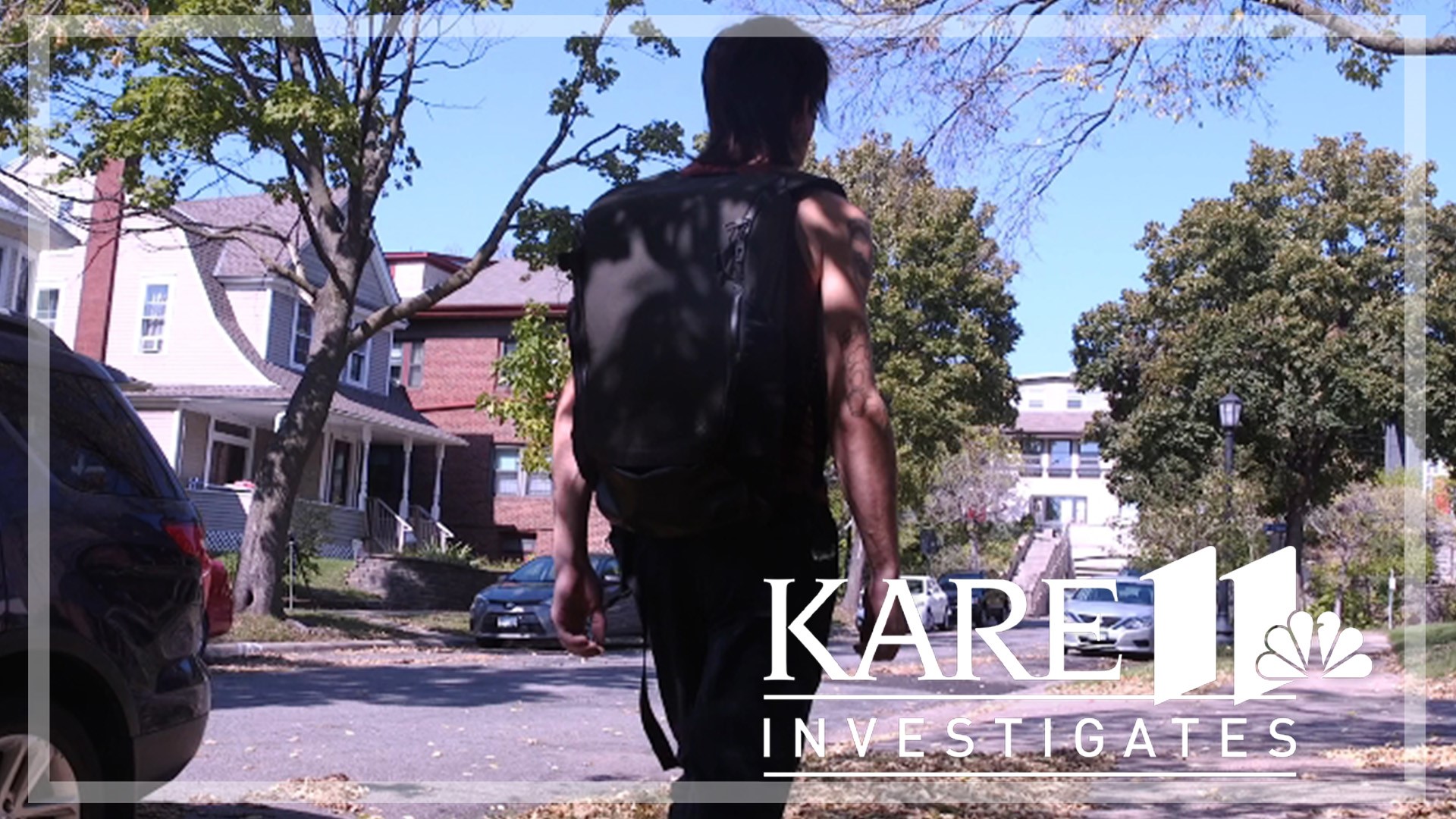KARE 11 Investigates: Overbilling allegations in new program to help people in addiction recovery
KARE 11’s reporting on a Minneapolis-based company’s strategy to make millions by billing Medicaid is already drawing scrutiny from lawmakers.
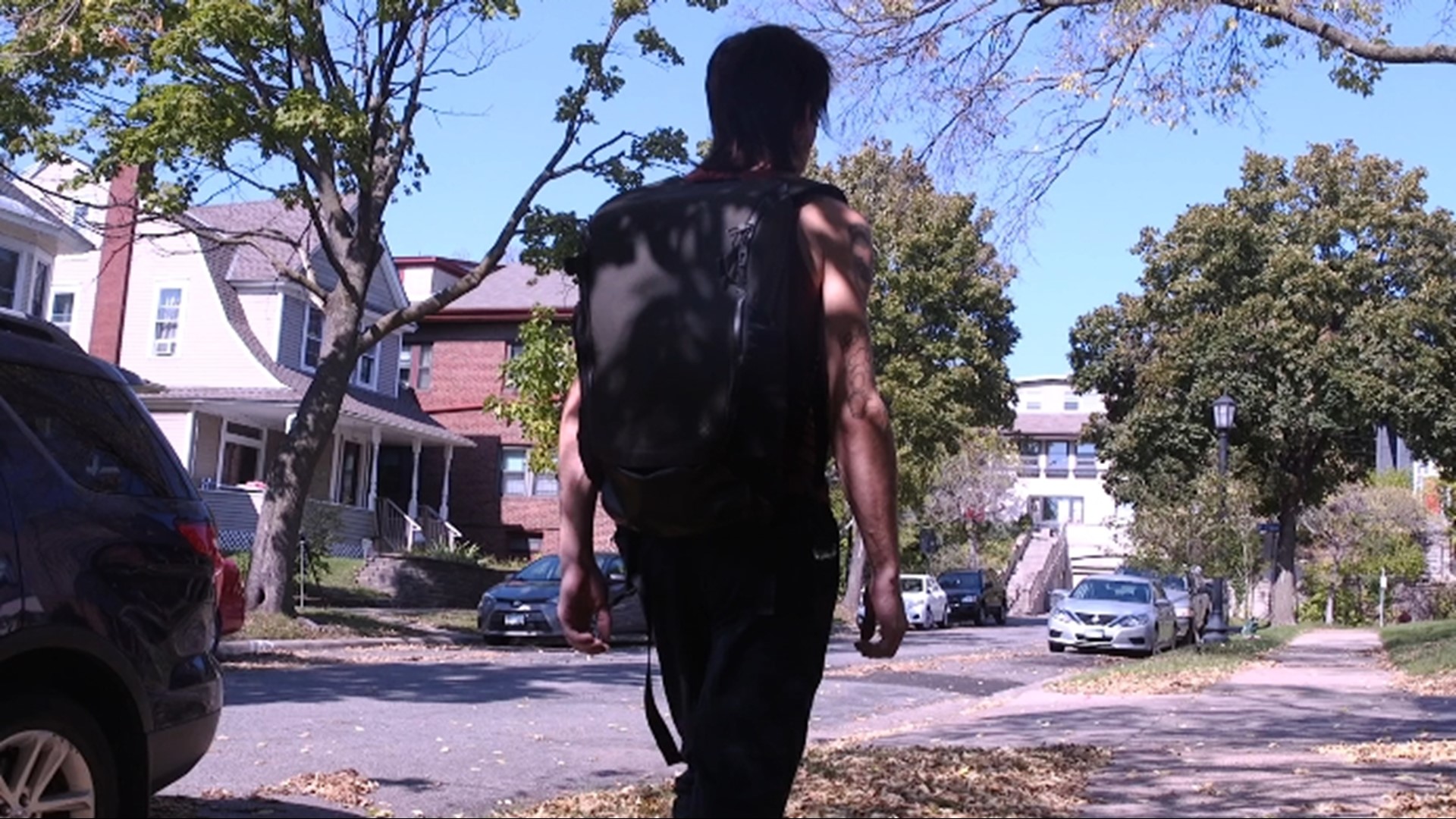
On a chilly Thursday afternoon in December, people recovering from addiction relaxed inside the Riverview Theater, a step-back-in-time cinema nestled in a southeast Minneapolis neighborhood. There, they took in a screening of the Avatar sequel “The Way of Water,” complete with free popcorn and drinks.
They didn’t have to spend a dime; the Avatar movie night was billed to taxpayers.
Records show it was one of a series of movie nights sponsored by Minneapolis-based Kyros, a for-profit company founded by Daniel Larson. Together with Refocus Recovery – a non-profit also founded by Larson – the Kyros/Refocus partnership has ballooned into the largest provider in Minnesota of what’s known as “peer services,” where people in recovery are paid to help mentor others battling addiction.
As Minnesota and the nation continue to struggle with a deadly addiction crisis, peer services can be a vital resource for people in their journey to sobriety.
But paying for those services is up to taxpayers since private insurers do not provide coverage. Effective in 2019, the Minnesota legislature changed the law to make peer services reimbursable for the first time through Medicaid, the taxpayer-funded federal health insurance program for the poor and disabled.

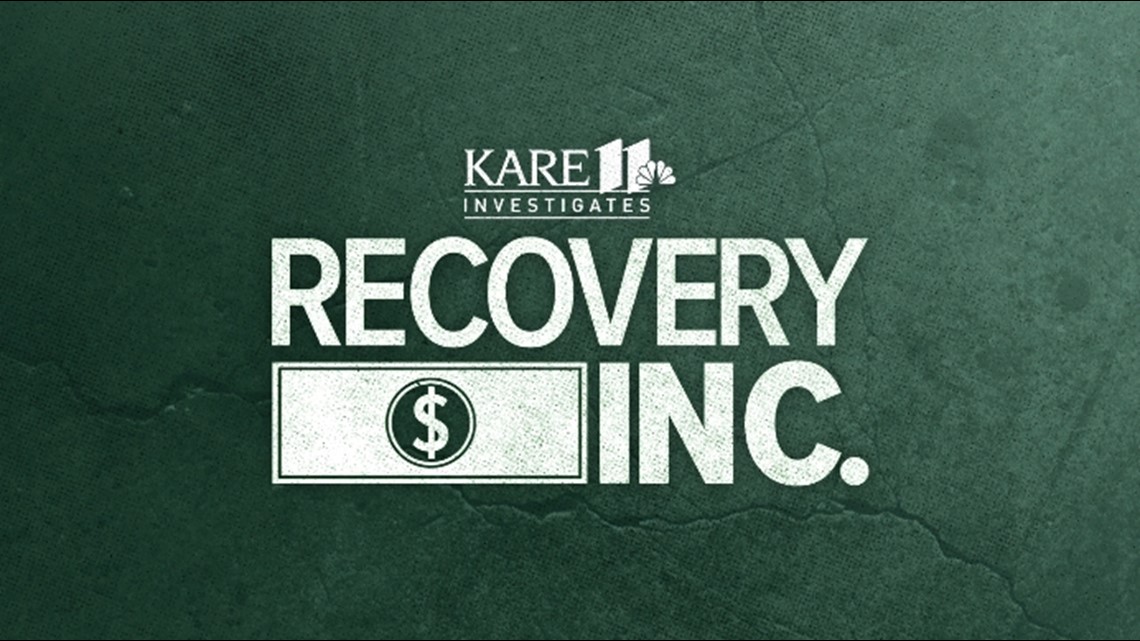
The new program was launched with few guidelines in place.
“It’s kind of like the Wild West,” said Cathy Harvieux, who has worked in addiction recovery for 40 years.
She says peers perform valuable services such as helping find housing and jobs and being a supportive voice on the challenging road to recovery.
However, Harvieux says the legislature created a mess – with vague instructions about what services Medicaid will cover.
“It’s becoming a free-for-all because they’re not clearly defined,” she said.
Making money off of Medicaid
Since then, Kyros has built its business model on making money through those Medicaid dollars.
Billing taxpayers for movie nights is only one of the questionable practices Kyros and Refocus have used, a KARE 11 Investigation has found.
Records obtained by KARE 11 show Kyros has also allowed its peer specialists:
- To bill for phone calls not allowed under state regulations.
- To take multiple clients to group events but bill as if they were back-to-back, one-on-one meetings, a potential violation of state and federal law.
- To compete for prizes based on increasing their Medicaid billings.
Under the law, the for-profit Kyros cannot bill Medicaid directly for peer services. But the non-profit Refocus Recovery can. So, the non-profit founded by Larson hires his for-profit company to actually provide the Certified Peer Recovery Specialists (CPRS).

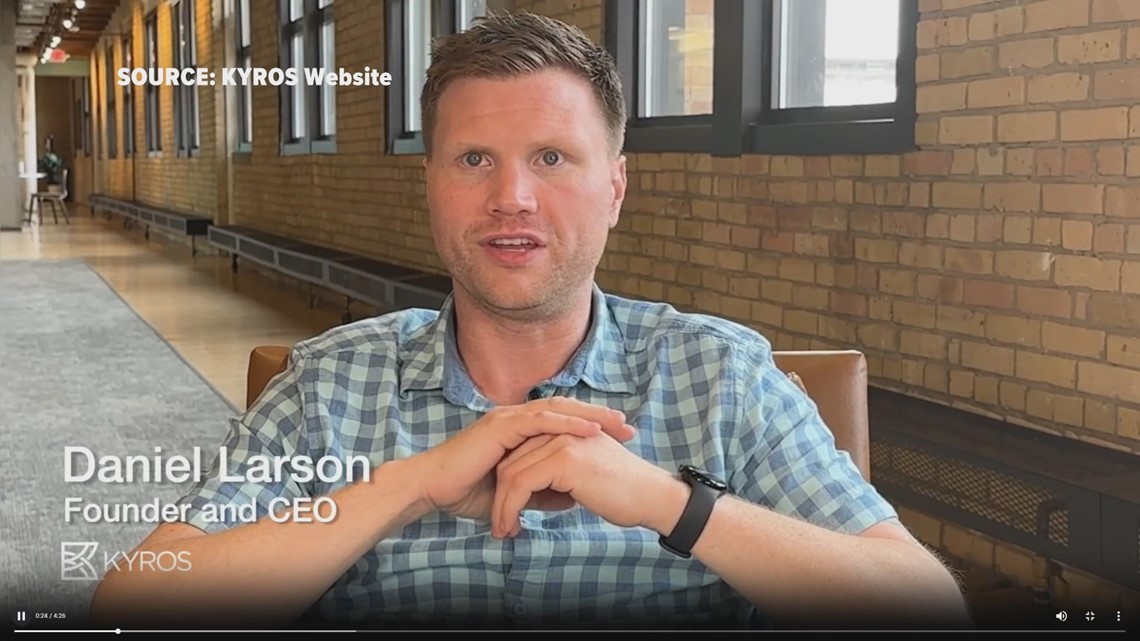
Although Kyros says the organizations operate independently, critics - including a prominent national organization - question whether Refocus is using its non-profit status to effectively serve as a pass-through for millions of taxpayer dollars to profit-making Kyros.
Exploding payments
Medicaid reimbursements to Refocus have soared – from just $1,343 in 2021 to $4.4 million in 2022, and to more than $9.6 million through Oct 5th this year, according to data provided by the Minnesota Department of Human Services.
In all, since January 2022 Refocus has been reimbursed more than $14 million – more than all other peer support non-profits combined. The next closest group has been reimbursed less than $2 million during the same period.

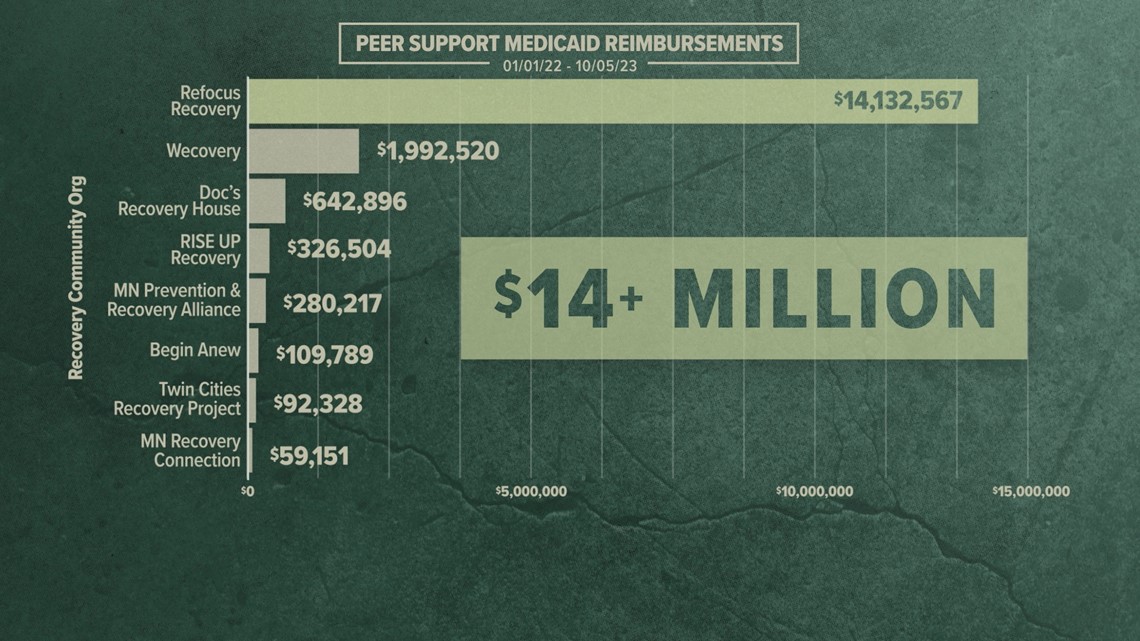
Kyros' Investment Overview
Kyros calls itself a tech company, founded to create software to easily connect clients with peer service providers.
An internal December 2021 “Investment Overview” obtained by KARE 11 shows how Kyros planned to rely heavily on the new taxpayer-funded peer services payments.
Under state law, peer contacts are supposed to be provided to one person at a time. Medicaid reimburses $1-a-minute for peer services in 15-minute blocks, or $60 per hour. It allows a maximum of two hours a day per client.
Using that $60-per-hour figure, Kyros told investors it would take $35 of each $60 payment as its gross profit on peer services, with the remaining money going to the actual providers.

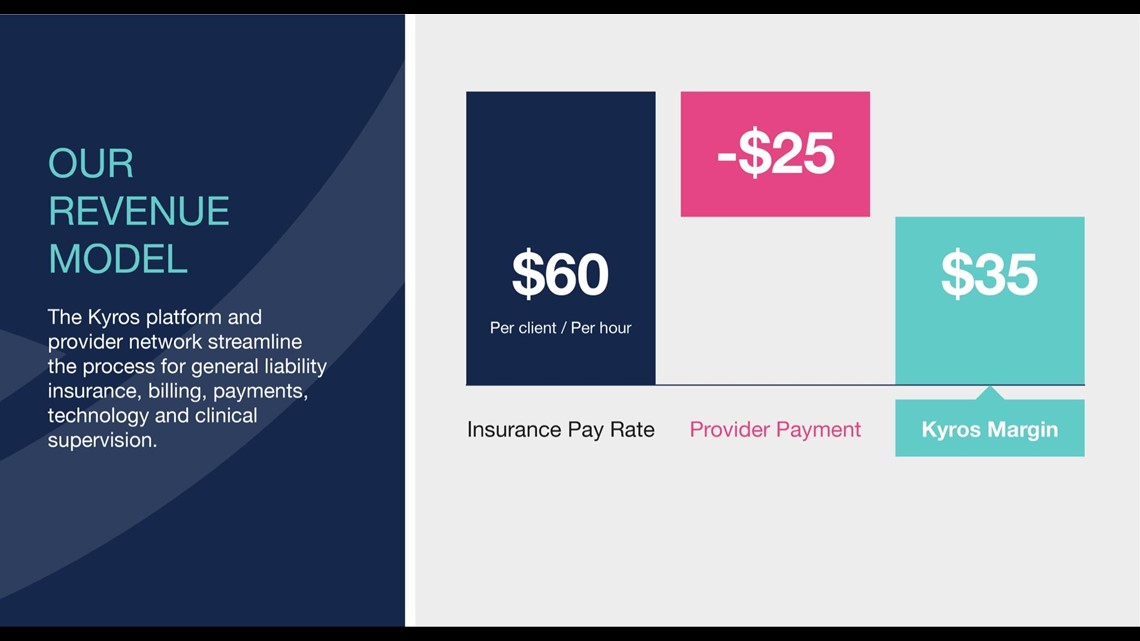
Under that plan, Kyros projected nearly $30 million in gross profits in Minnesota by the end of next year and expected a “$100+ million evaluation” of the company as part of planned national expansion.

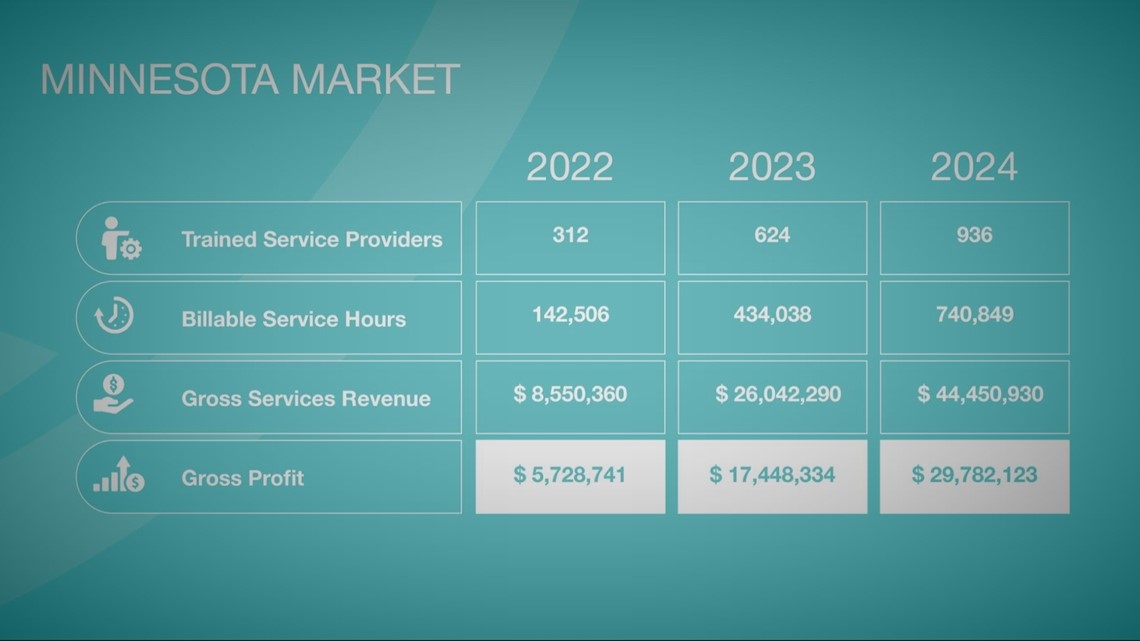
In response to questions about its revenue model, Kyros said, “Our mission of removing barriers to receiving and providing services also means that we are reinvesting much of that gross margin back into professional development for our CPRS team, technology that reduces the administrative burden associated with service delivery, etc.”
Kyros also said that because it pays its peer specialists more than competitors, “our gross margins are significantly lower than other entities who bill for peer services.”

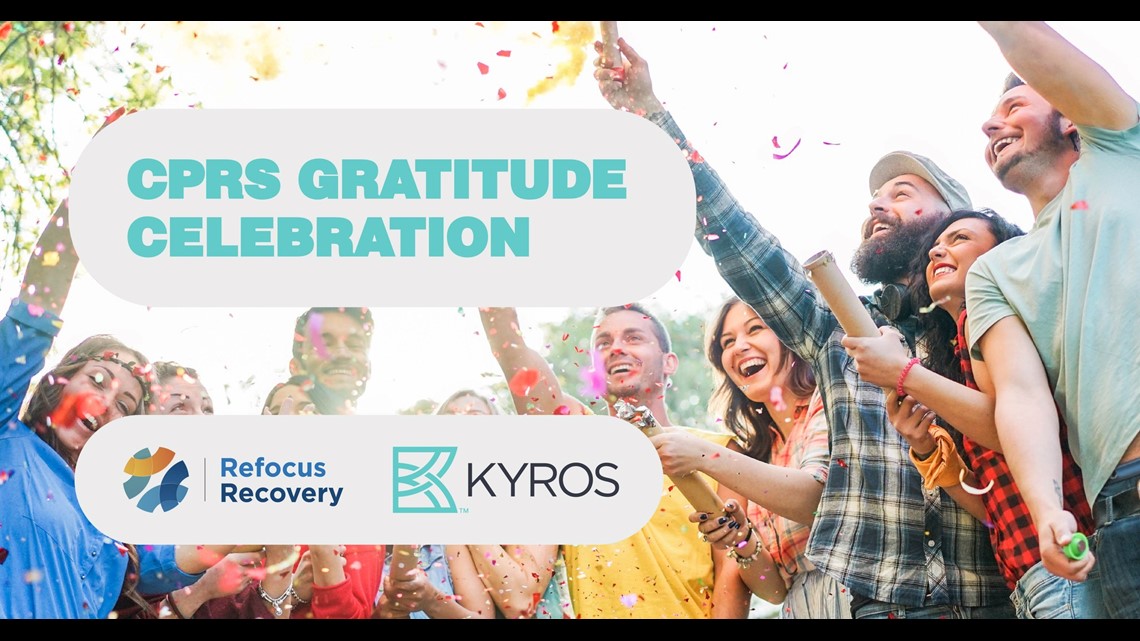
While hiring a for-profit company to provide peer services is legal, Rep. Heather Edelson (DFL – Edina) says it’s not what lawmakers intended.
Asked if the goal of Minnesota’s taxpayer-funded peer recovery support system was to make private investors wealthy, Edelson replied, “Absolutely not.”

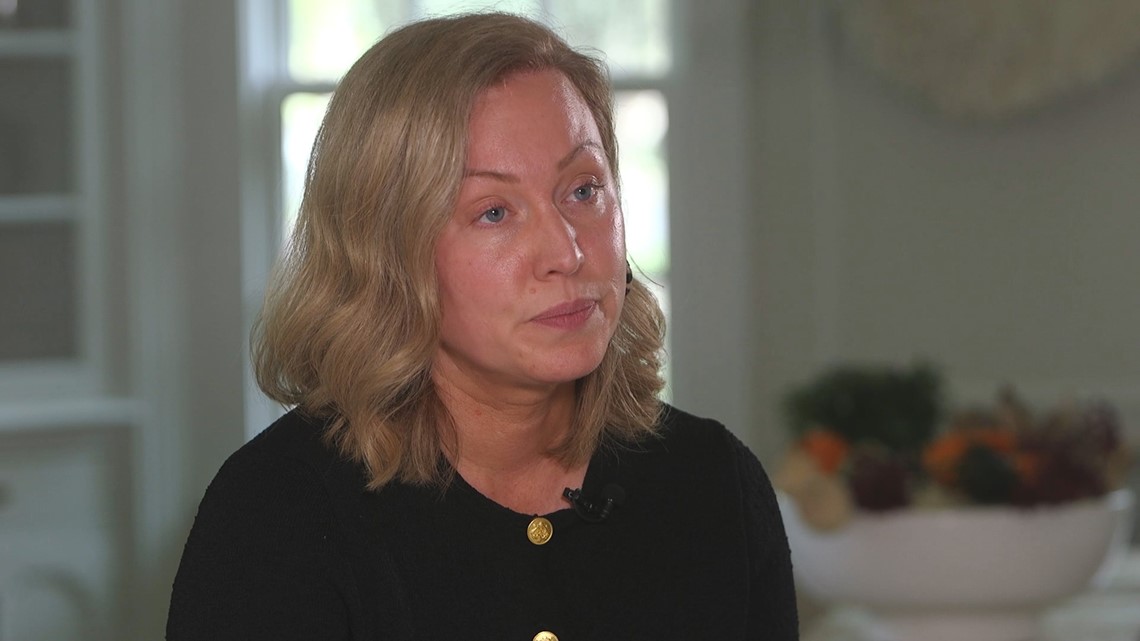
“If you have companies trying to profit from this really valuable work it’s concerning and it puts mistrust in a system that we should have trust in,” she said.
'Billed excessively'
Kyros' CPRS workers have undoubtedly helped people in recovery. But multiple clients interviewed by KARE 11 question the accuracy of taxpayer-paid bills submitted in their name.
Aubrey Kjerstenson says she battled through years of addiction in Northern Minnesota.

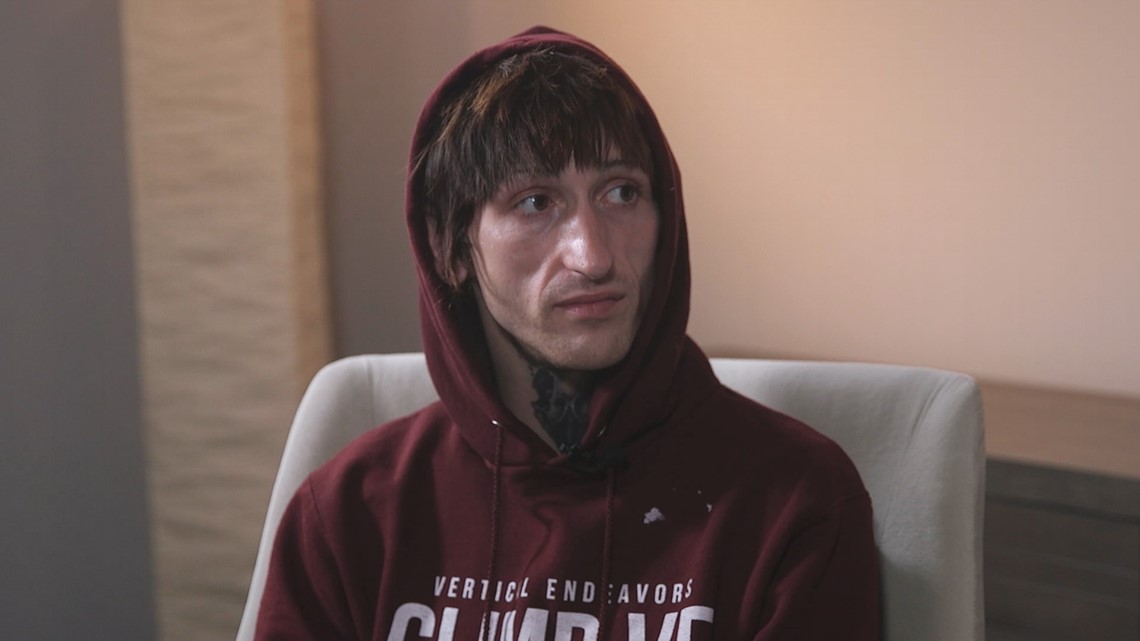
In March, she moved into a Minneapolis sober home, where she signed up for peer recovery services billed through Refocus Recovery and provided by two Kyros CPRS workers.
Aubrey says the peer support was crucial as she began her recovery. But as time went on, she needed less help.
In September, she noticed what she believed was overbilling in her name.
“I haven’t required a whole lot of services for myself for several months now, but my policy has continued to be billed excessively,” she wrote in a Facebook post.

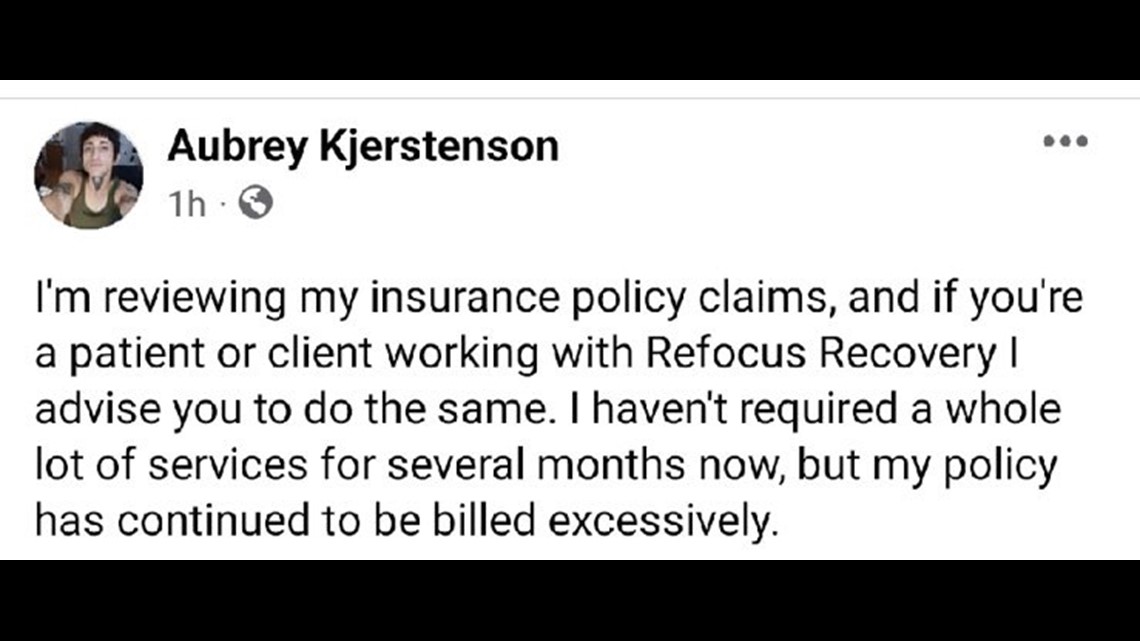
Aubrey allowed KARE 11 to review her records from the time she first received peer services in March to her final billing in mid-September. They showed:
- Refocus was reimbursed for nearly $10,743 during those seven months – or nearly 180 hours.
- The two CPRS workers never billed for the minimum amount of 15 minutes.
- Of the 103 times she was billed, more than half were for the full two hours.
Aubrey says she received nowhere near that much time for peer services.
In August and September, for example, she was billed for 47 hours.
How many hours did she think she actually received?
“Maybe like 10, tops,” Aubrey replied, “And that’s like a liberal estimate.”
And who’s paying? Taxpayers.
“You’re getting billed,” she told KARE 11.
After making those allegations on social media – including a claim that one CPRS worker sold her drugs – Aubrey says Daniel Larson called and told her they were repaying for all the hours billed and had fired the peers involved.
Citing “confidentiality in personnel matters” Kyros declined to confirm that.
In a written statement the company said: “Kyros’s policy in the event of reported billing concerns is to conduct a detailed investigation and, where appropriate, reconcile claims as part of our commitment to integrity and accountability.”
Incentives to increase billing
Inside Kyros, records obtained by KARE 11 show the company offered bonuses and held contests to drive up billable hours and bring in new clients.
“If you bill an additional 10 or 20 hours more than you did last week you will WIN!!!” read one email.

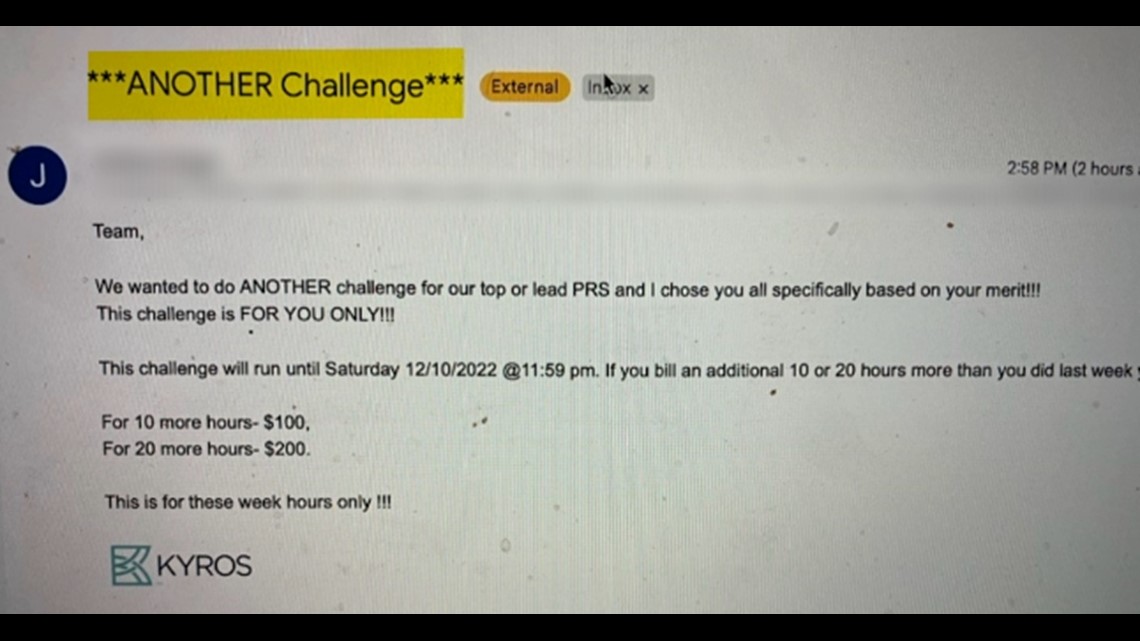
One of the contest winners was a CPRS who was billing Aubrey.
Kyros maintains more hours billed means more people in recovery are getting lifesaving services.
Another way Kyros encouraged its employees to increase billings was by making phone calls.
“Did you know that having phone calls with a client qualifies for service hours?” Kyros said in a text to workers. “Keep your clients (sic) hours up and incorporate some client calls this week!”

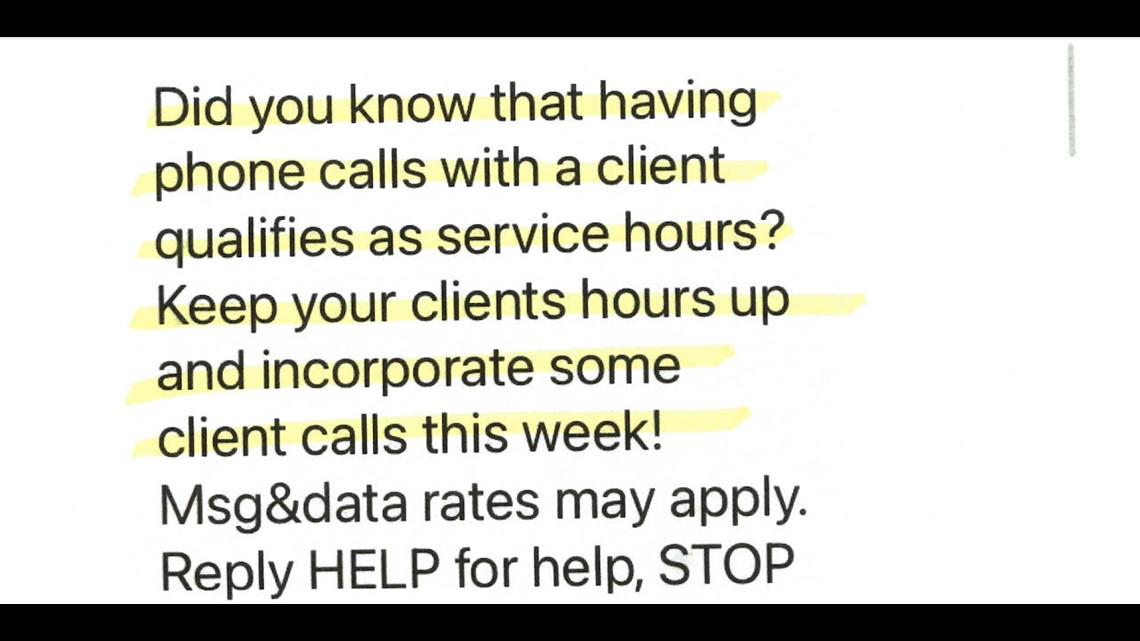
But Kyros employees tell KARE 11 the company didn’t instruct them about strict rules governing calls.
Originally, Medicaid regulations required CPRS workers to meet face-to-face with their clients. In response to the COVID pandemic, the rules were relaxed to allow meetings over the phone – but under very limited circumstances.
Under state regulations, peer provider phone calls can be billed to Medicaid only when an appointment is made ahead of time, or the client calls the provider in an emergency.

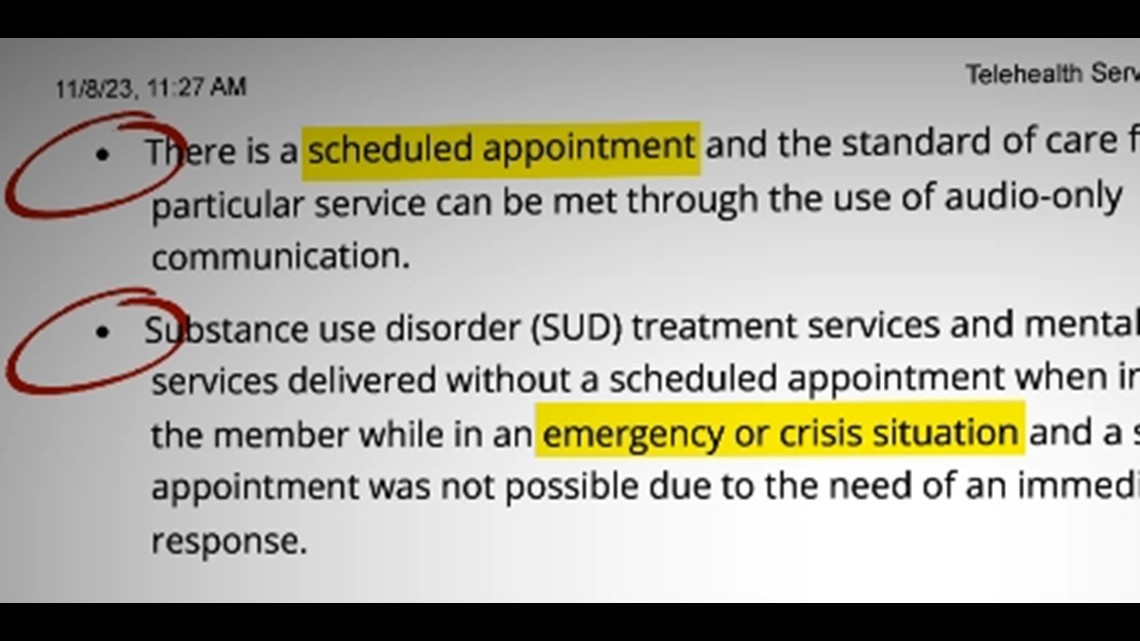
Former Kyros employees say they were never told about those limits.
“Never was taught that, nobody ever told me that,” said Ruby McNiff, a former Kyros CPRS. “All they said was that you could bill for phone calls.”

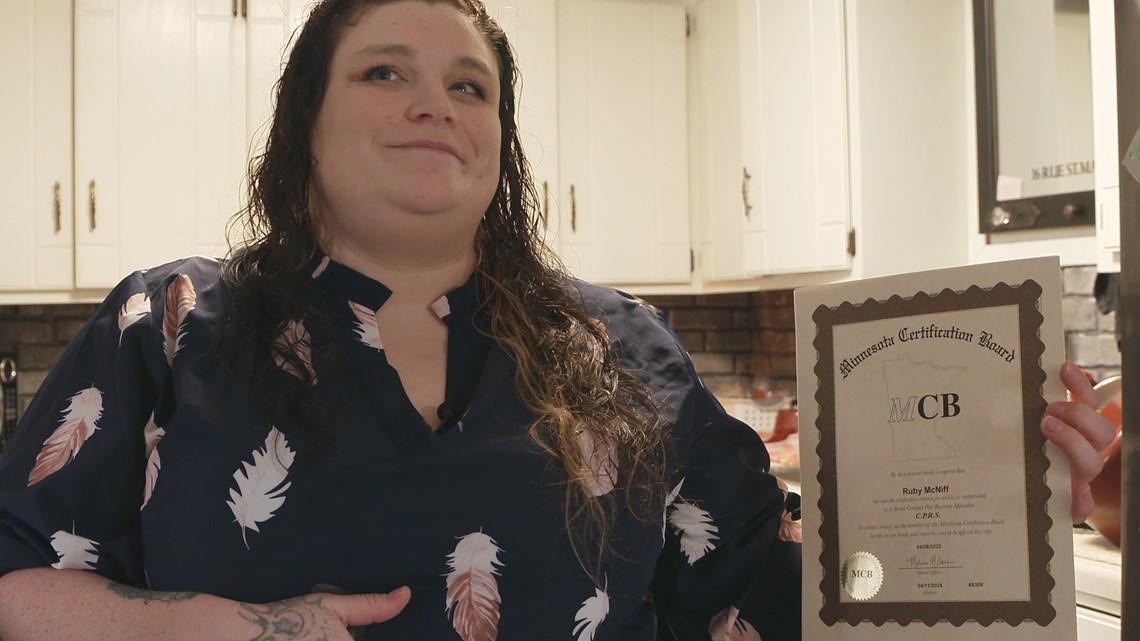
She told KARE 11 she routinely called clients just to check in and then billed taxpayers for it.
“I just admitted to a crime that I didn’t know I committed,” she said. “Yeah, it’s uncomfortable.”
KARE 11 texted three other Kyros workers who asked not to be named, and asked what phone calls could be billed.
Each responded using words like “any” or “anything.”

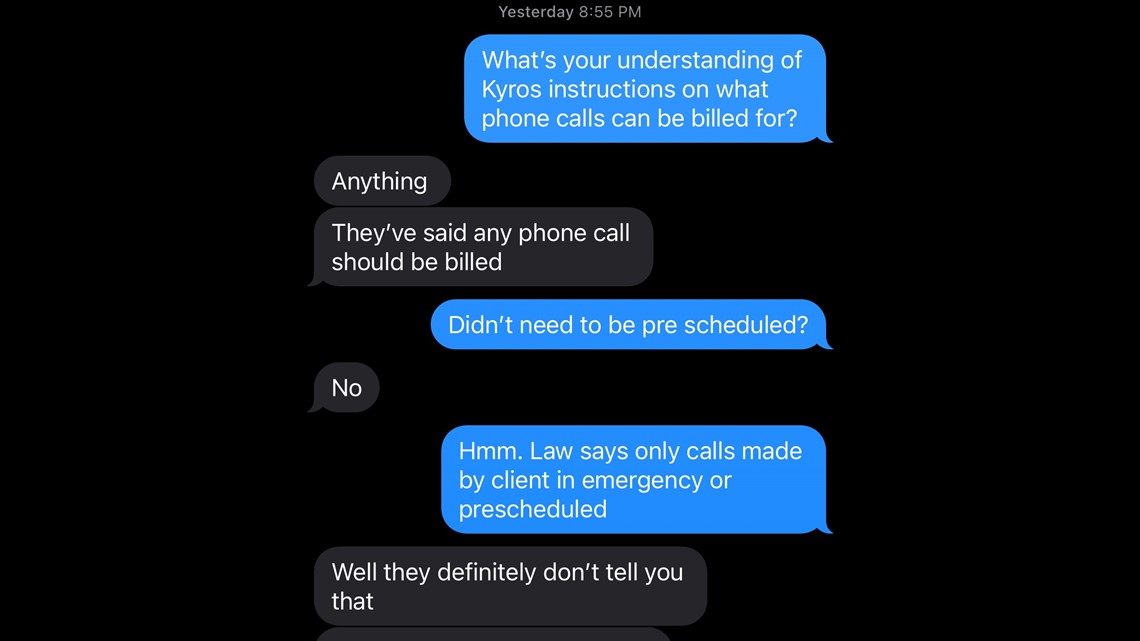
In response to KARE 11’s questions about phone call billings, Kyros wrote, “We take measures to ensure that our billing for peer services, including phone calls, adheres to the guidelines set forth by the law.”
However, the company's public website told peers “any phone call over 8 minutes qualifies.”

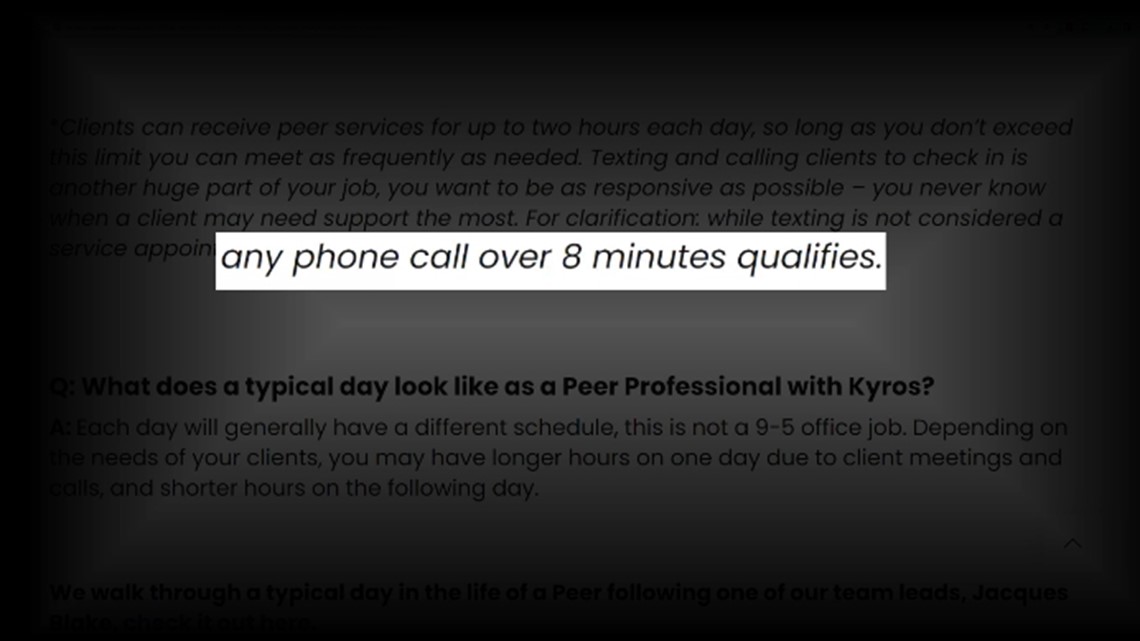
Several hours after KARE 11 posted this story, Kyros removed the "any phone call" language from its webpage.
Questionable group billing
Records also show Kyros workers may have repeatedly violated state law, which says peer services must be provided one-on-one.
“Peer recovery services need to be delivered face to face, one on one,” said Harvieux, the founder of Care Crossings, a licensed Substance Use Disorder Treatment provider.

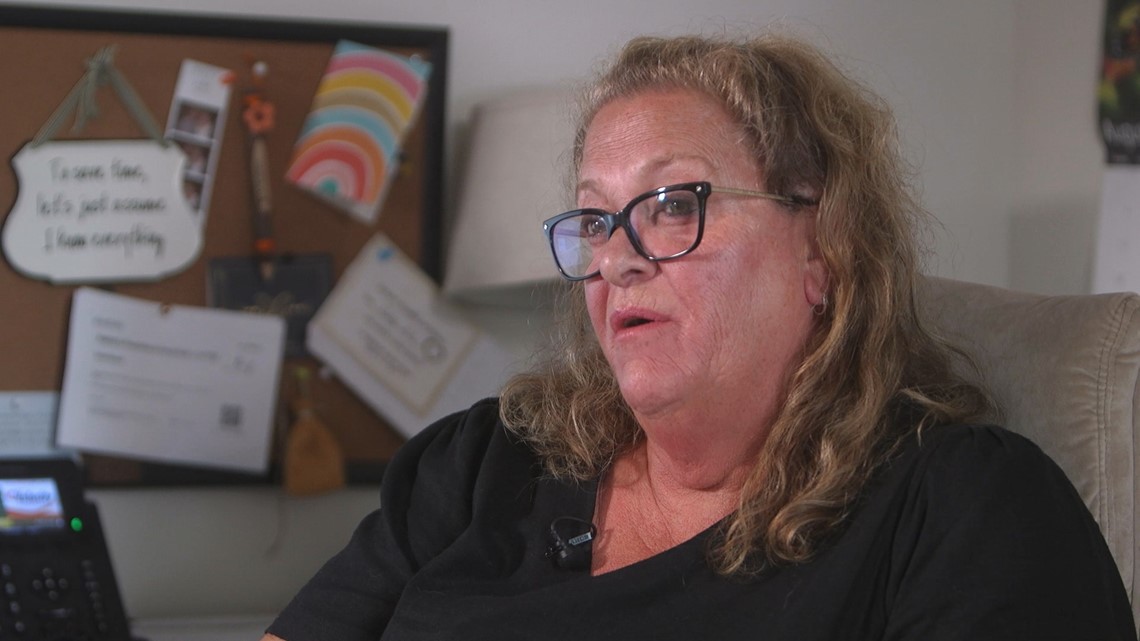
Kyros supervisors have routinely encouraged its CPRSs to bill for group events, records obtained by KARE 11 show.
For example, last July 4 McNiff was taking a group of clients to a fireworks display. She texted a supervisor: “Can I bill for that?”
He gave her a thumbs up.
“Ok how,” she responded. “Just schedule them back to back?”
“Yeah,” he replied.

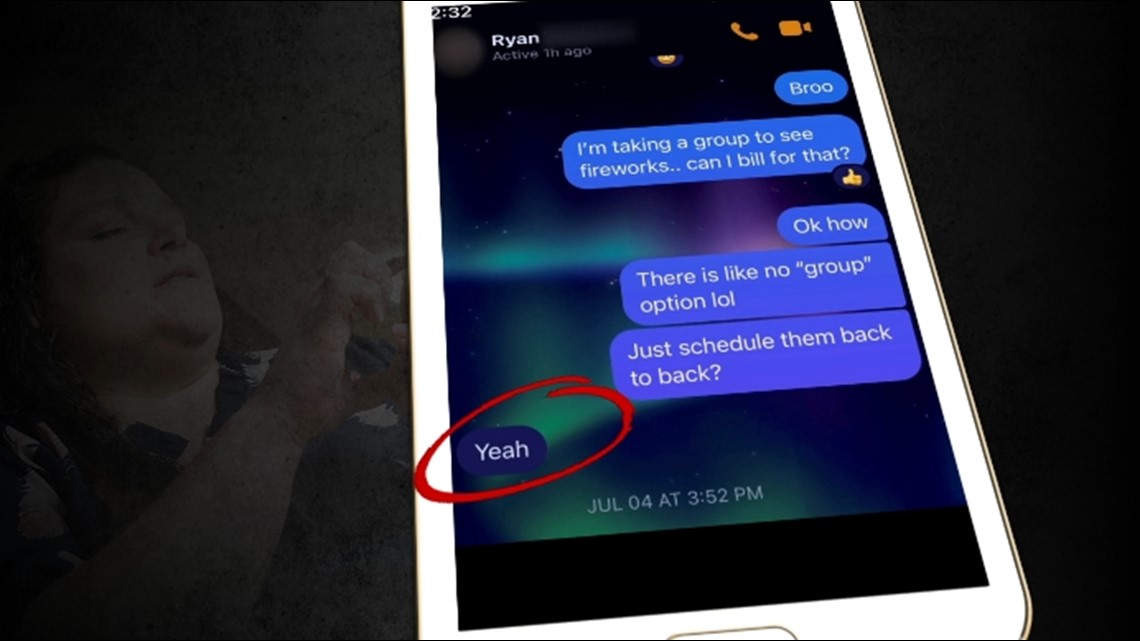
“He said just bill them back-to-back,” McNiff told KARE 11. “I was told that that was fine.”
By back-to-back, Ruby explained that she was told to document group meetings as if they were a series of one-on-one meetings.
“You’d meet with a group of people from, say, 4 to 6?” she was asked, “but then bill it as if they were 12 to 2, 2 to 4, 4 to 6?”
“Correct,” she said.
She said she had no idea at the time that was not allowed.
McNiff says she was recently terminated by Kyros after questioning some of the company’s practices.
Movie Nights
The fireworks event is just one example of how Kyros has billed taxpayers in possible violation of Medicaid rules.
During Kyros-sponsored movie nights, peer service workers were told to bring multiple clients to the events and bill for them.
“THIS IS A BILLABLE EVENT,” a Kyros manager wrote in an email to workers before the Avatar movie night last December.
The email instructs workers to “BRING 2 CLIENTS TO THE MOVIE AND IT COUNTS AS A 2 HOUR APPOINTMENT FOR EACH CLIENT,” according to a copy of the email obtained by KARE 11.
“THAT IS WIN, WIN, WIN!!!” the manager wrote.

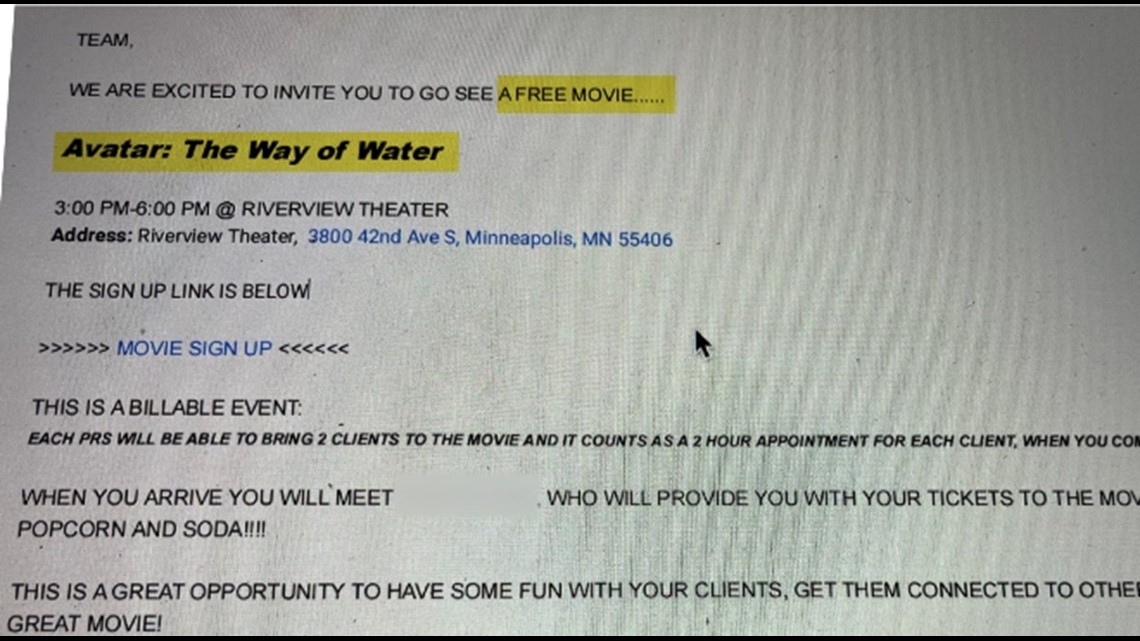
Kyros has held at least five movie nights, according to records obtained by KARE 11. Each time Kyros peer workers were encouraged to bring up to two clients.
Group billing for peer services is not allowed, said Julie Hooker, who runs a St. Paul outpatient treatment program.
“It’s one-to-one, individual services,” Hooker said. “You can’t bill for movie nights.”
When KARE 11 asked about movie nights, a spokesperson for the Minnesota Department of Human Services stated, “attendance at a movie alone would not be a billable service.”

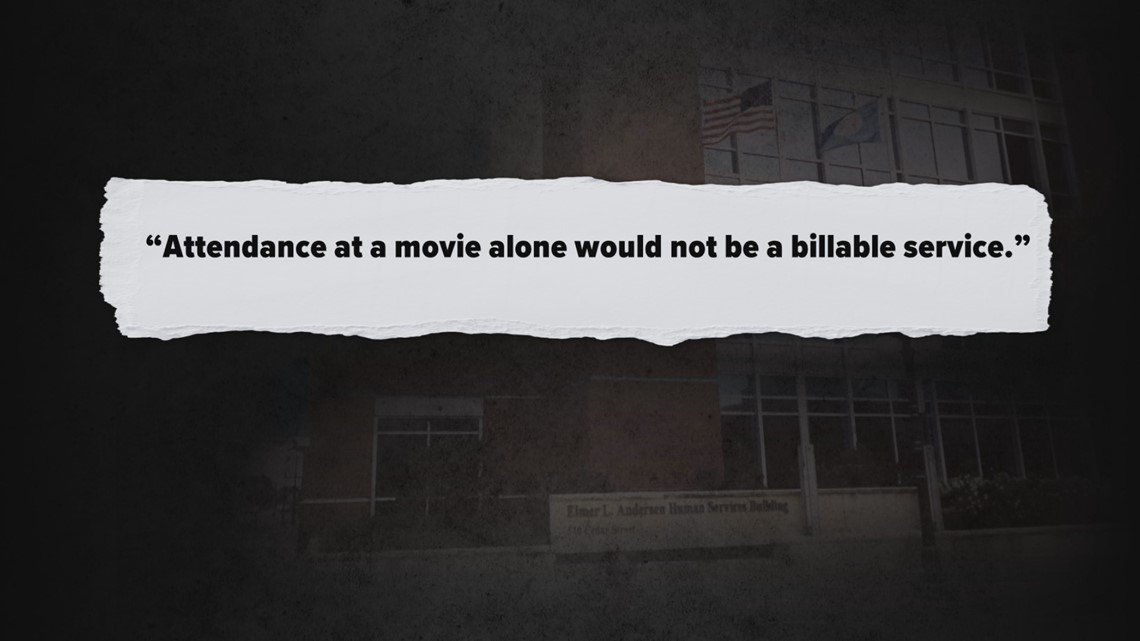
After Kryos officials declined requests for an on-camera interview to discuss billing issues, KARE 11 asked in writing: “What does Kyros do to monitor for group billing, and if found, how does Kyros respond?”
Without providing specifics, the company replied: “Kyros monitors billing practices closely to ensure they meet statutory requirements, and any deviation found is addressed promptly and appropriately.”
When KARE 11 requested data to show if the company had refunded money after identifying suspicious or fraudulent billing, Kyros declined to provide it.
Calls for reform
When shown KARE 11’s findings, key legislators said reforms are needed to create more oversight of peer support providers.
“I’m not exactly sure how somebody would benefit from watching a movie,” said DFL Rep. Heather Edelson.

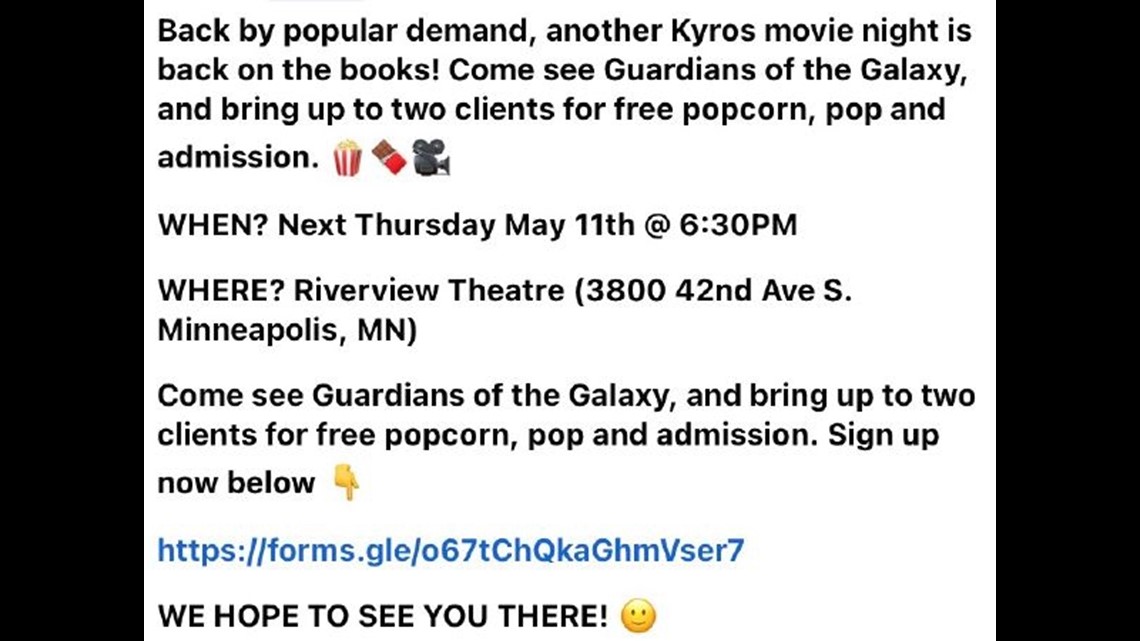
Due to her work as a clinical social worker, Edelson often tackles mental health and substance use reforms in the legislature. She was instrumental in spearheading reforms to Minnesota’s mental health and criminal justice system in 2022.
RELATED: Lawmakers pass mental health package that includes 'gap' protection in criminal justice system
“There needs to be clarity on what is allowed for a peer recovery specialist,” she said.
Based on the examples KARE 11 showed her, Rep. Edelson says she’s asking the DHS Office of Inspector General to investigate.
“It’s very clear in the statute that it should be one-on-one individual services. I think it needs to be looked at,” she said. “It seems concerning.”
Sen. John Hoffman, who chairs the powerful Senate Human Services Committee, agreed with Edelson. He said he plans to propose reforms during the next session, including billing restrictions for peer services.
Current law, he said, “is too vague. It’s just too ambiguous.”
Early questions
Questions about the relationship between non-profit Refocus Recovery and for-profit Kyros are not new.
To participate in Minnesota’s peer service payment system, the state requires organizations like Refocus to meet accreditation standards, the most common of which are set by the Alliance for Recovery Centered Organizations, or ARCO, a program run by a Washington, D.C.,-based non-profit.
Refocus applied for accreditation in 2021, telling ARCO that all its funding came from personal and private contributions. It said nothing about Kyros, and ARCO initially granted the accreditation, records show.
But in July 2022, and without warning, ARCO decertified Refocus Recovery citing concerns about Refocus’ connection to Kyros, according to records obtained by KARE 11.
A letter explaining the decision listed “undue influence on Refocus Recovery by Kyros, a for-profit entity.” It stated: “There is a partnership in existence between Refocus Recovery and Kyros from which both entities stand to attain substantial financial gains.”

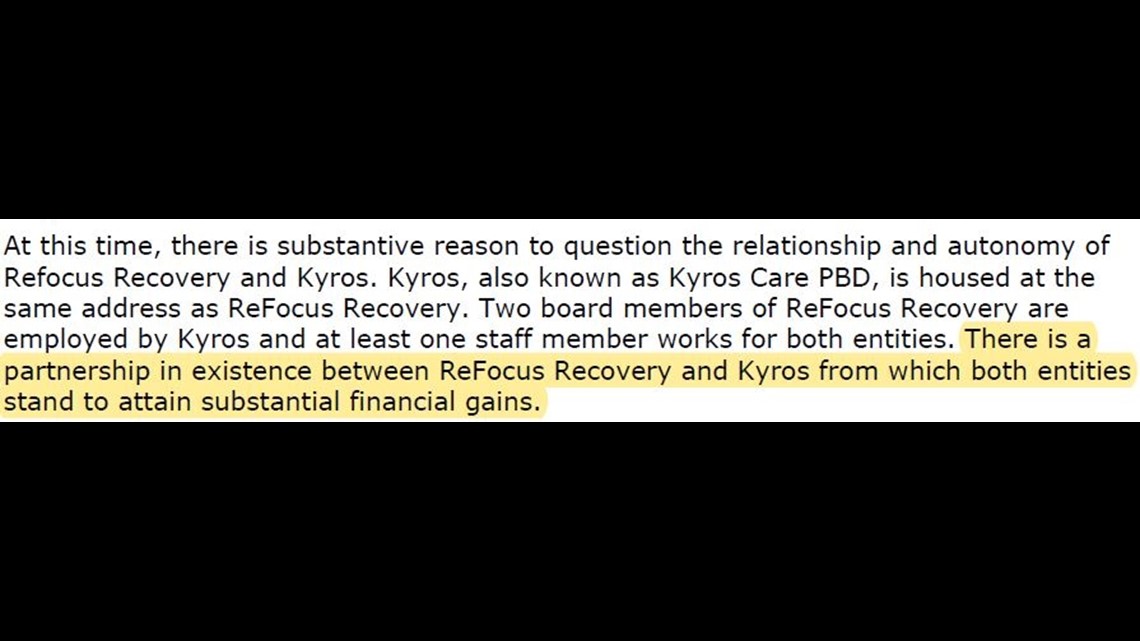
The decision threatened to prevent Refocus from billing Medicaid. But the Minnesota Department of Human Services granted a temporary waiver while Refocus appealed directly to DHS Commissioner Jodi Harpstead.
The appeal dragged on for months, prompting an attorney for Refocus to threaten to sue the state.
“If Refocus Recovery does not get any signals that things are moving more quickly, then we fear litigation will be the result,” the attorney wrote.
Two weeks later, DHS gave its answer. Refocus’ certification was restored.
Expansion plans
In addition to the money it receives through payments from Refocus Recovery, records show Kyros has raised $18 million from angel investors and venture capitalists. Among those contributing: Bob Naegele III, a scion of the family that founded the Minnesota Wild.
In an interview with KARE 11, Naegele brushed off concerns about Kyros. He compared the company to Uber.
“It disrupted people’s businesses,” he said. “That’s kind of how I see what might be happening in Minnesota and around the country as Kyros expands.”
Indeed, Kyros predicted a national expansion in its 2021 “Investment Overview.”

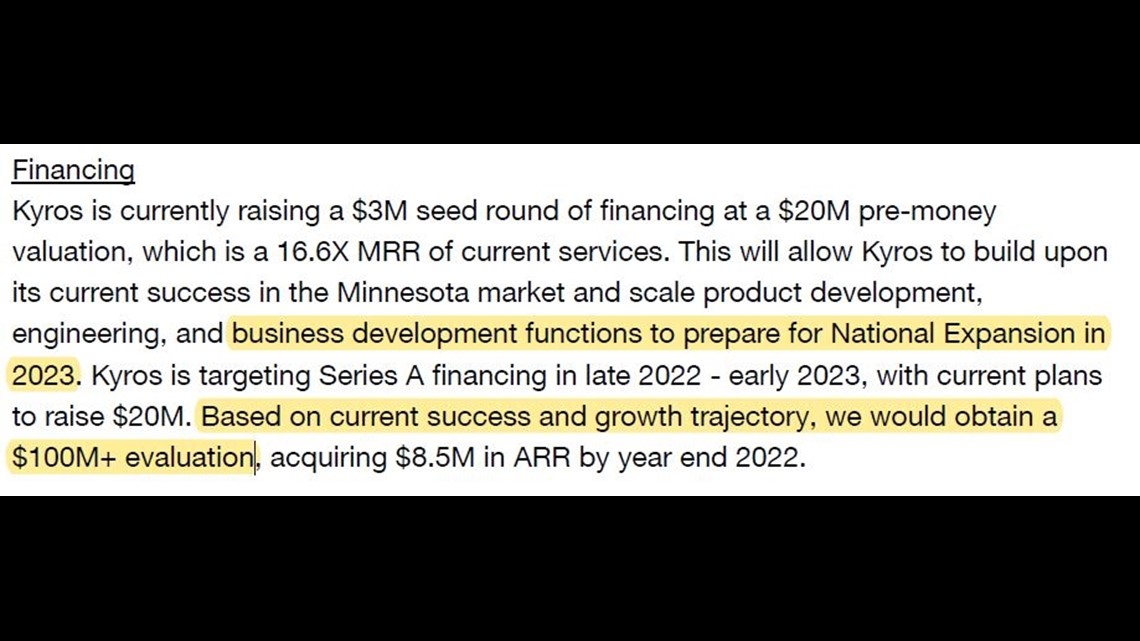
The company has hired well-known leaders in the substance treatment, political, and legal communities to help protect its brand and fight against oversight.
One of its attorneys is former judge and U.S. Attorney Erica MacDonald. Earlier this year, MacDonald filed for a Harassment Restraining Order (HRO) on behalf of Kyros and Refocus against Randy Anderson, who trains peers through his own organization, Bold North Recovery. It accused Anderson of “falsely claiming that Kyros bills unethically.”
The HRO case was dropped as Anderson was set to challenge it in court.

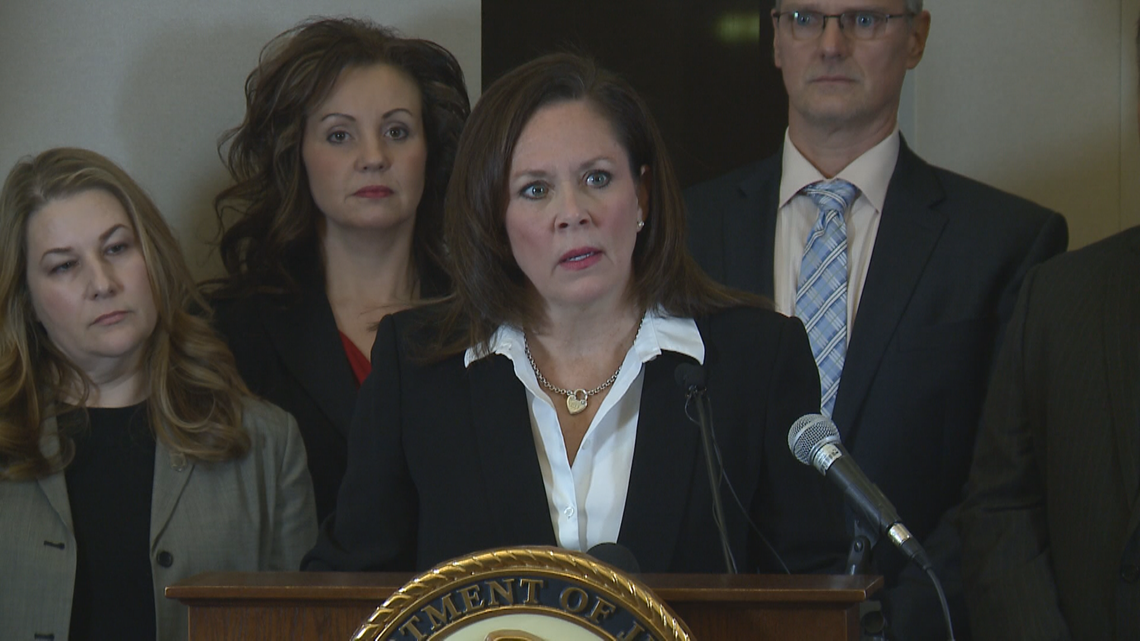
Kyros also hired Amy Dellwo, a former state DHS Chief of Staff and Government Relations Director, as Vice President for Strategic Policy. Dellwo testified against a bill earlier this year that would have created a state board to oversee organizations like Refocus Recovery.
Refocus Recovery’s Executive Director is Tim Sanders, the Mayor of Blaine and a former State Representative.
In September, Kyros brought on Kathleen Finnegan, a former General Counsel for the Minnesota Department of Commerce, as its General Counsel and Chief Compliance Officer.
And in October, Kyros announced it was adding Miaja Cassidy as the only independent member of its Board of Directors. Cassidy is a Senior Vice President and Chief Legal Officer at Blue Cross and Blue Shield of Minnesota.
KARE 11 wanted to talk on-the-record with Kyros founder and CEO Daniel Larson about the company’s growth and its practices, but he twice canceled scheduled interviews – once after we were already standing in Kyros’ lobby.
KARE later received a letter citing concerns about the station’s “predetermined viewpoint” which said: “With our strong commitment to transparency, accuracy, and fairness in mind, we believe that proceeding with the on-camera interview at this moment may not serve our mutual best interests.”
The company provided a brief written statement instead:
“At Kyros, our heart lies in using technology to amplify the human connection for those grappling with Substance Use Disorder (SUD). Our core values – integrity, transparency, and excellence – fuel our mission to uplift and stand alongside every individual on their recovery journey. Through our advancements, we aspire to bridge the gap between care and connection, fostering open dialogues and collaborations that resonate on a personal level and enrich the wider SUD community.”


